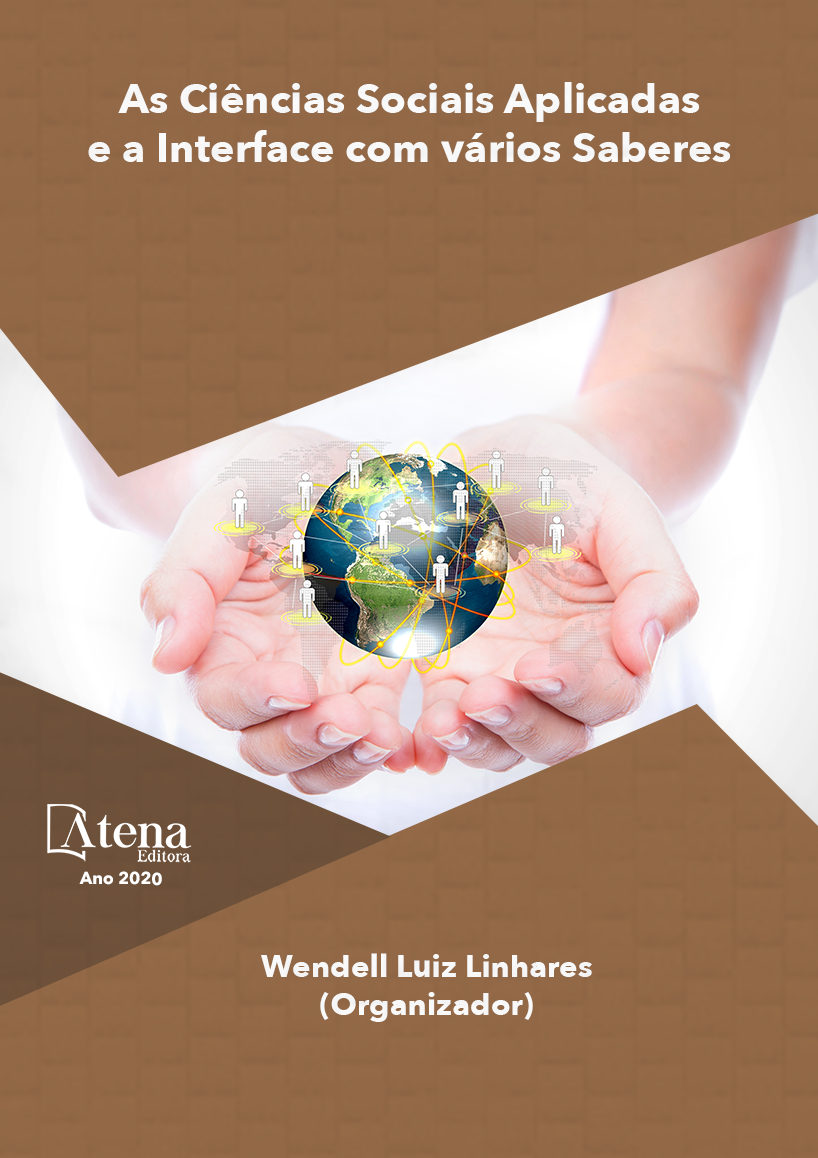
New access to Bombinhas: Cost and benefit analysis for each option
-
DOI: 10.22533/at.ed.7832028019
-
Palavras-chave: Atena
-
Keywords: Mobility, Cost estimation, Time execution estimation, Minimum travel time.
-
Abstract:
Mobility is one of the main
challenges of modern cities, becoming even
worse if financial resources are rare and natural
or artificial obstacles are present. This is the
case of Bombinhas, a city of northeast of Santa
Catarina, in south of Brazil. It has around of 15
thousand continues habitants but, due to its
beautiful beaches, usually receives hundreds
of thousands more in summer. As result big
traffic jams are registered year before year
on the only paved access to the city: through
Bombas’ hill. Since the last decade, the Santa
Catarina Government in association with city
hall have been discussed the construction
of a second access to change this scenario.
However consensus about paving another land
access, through Zimbros’ hill, or a construction
of a tunnel has not achieved. This article brings
to light topics about this issue, calculating
estimations for preliminary cost and execution
time besides values for minimum travel time
between Porto Belo (border city) and reference
points inside of city. While parametric estimation
(PE) was utilized to define the preliminary cost
a critical path method (associated with NTNU
prediction method for Drill and Blast and DNIT/
SICRO method for pavement tasks) was utilized
to define the execution time, the minimum travel
time was obtained through relation between
distance and maximum velocity on path. As
expected the more expensive and more timeconsumption
execution option (which connect
Porto Belo with Sertãozinho by a tunnel) has
the minimum travel time in all scenarios. The
reduction is around (50 – 60) % in all path
analysed in comparison with worst one. Similar,
but worse performance, are obtained with
connection between Zimbros and Porto Belo
by smaller tunnel. Options which involve paving
show to be cheaper and faster to be executed,
but the minimum travel time improvement show
to be not so significant comparatively. Special
attention should be given for option which
connects Sertãozinho and Porto Belo downtown.
The low maximum velocity on sequential road
system and the proximity with actual access put
in doubt the efficiency of solution. This number
together with numerical criteria of decision
can help to find the more adequate option for
Bombinhas and region.
-
Número de páginas: 8
- Lidiani Cristina Pierri
- Rafael Pacheco dos Santos


